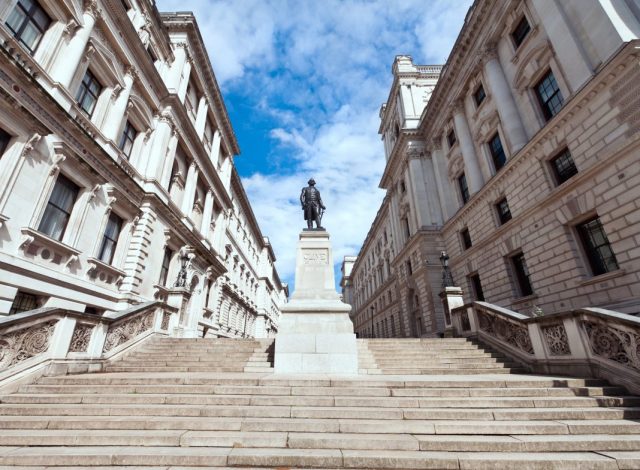The controversial 2019 Loan Charge may already have taken effect, but contractor tax campaigners are hoping that a newly-appointed Minister at HM Treasury may offer a more sympathetic ear than the position’s predecessor.
Following the resignation of Andrea Leadsom, HMRC Minister Mel Stride was promoted to the position of Leader of the House of Commons. Old Etonian and former Barclays banker Jesse Norman was then given his previous position at the Treasury.
As Financial Secretary to the Treasury and the Minister overseeing HMRC, Mel Stride presided over the implementation of the 2019 Loan Charge, a highly unpopular contractor tax that disproportionately affects self-employed people. He repeatedly resisted calls for the tax return to be reconsidered by tax and accountancy professional bodies, peers, tax barristers and MPs, amongst others.
Opponents of the Loan Charge are now hopeful that Mr Norman may take a less rigid stance on the controversial policy, which allows HMRC to tax loan balances outstanding from transactions made up to twenty years ago.
As soon as Norman took office, he was inundated with informal requests to review the Loan Charge, and MPs have now formalised their appeals into an open letter, which has so far been signed by 175 MPs.
The letter, organised by the Loan Charge All-Party Parliamentary Group (APPG), suggests that the Loan Charge “is not supported by a majority of MPs”, and urges Norman “to announce a 6-month delay today to give peace of mind to thousands of people and their families and to allow for a proper review”.
Previously, MPs had written a similar letter to Mel Stride which attracted 171 signatures, which he did not acknowledge. The Loan Charge APPG has also written to ex-Prime Minister Theresa May, Chancellor of the Exchequer Philip Hammond and HMRC permanent secretary Sir Jon Thompson to no effect. A House of Commons Early Day Motion calling for the Loan Charge to be revised to remove its quasi-retrospective scope has also garnered the support of 155 MPs.
Although commentators felt it unlikely that Mel Stride would do a u-turn on the Loan Charge policy after defending it several times in the House of Commons and on Radio 4’s Money Box, the change of Minister does offer a tantalising prospect that the new Minister will have a differing opinion on the policy and will be able to push for a delay or changes without losing face.
And Mr Norman certainly isn’t short of material with which to study the Loan Charge’s basis – in addition to internal Government documentation, the recent Loan Charge APPG’s inquiry into the policy was extensive, with their report spanning eighty-nine pages in total. Plenty more research has been produced by lobby groups and professional bodies as well.
However, even if Norman does take a sympathetic attitude to targets of the Loan Charge once he gets his head around the situation, the policy has been defended on various occasions by his new boss, Philip Hammond. The current Conservative leadership race – which Norman was reported to have considered entering himself – and ongoing Brexit concerns also threaten to overshadow any pleas to reverse the policy.
Finally, in fiscal terms, repealing the Loan Charge would represent a loss of billions of pounds to the Exchequer that have already been accounted for.
The letter has already gained significant support on Twitter from Loan Charge campaigners, including some military veterans, one of whom has threatened to return his medals to his MP in front of the media should nothing be done about the unpopular levy.
For those who are unaware of what the Loan Charge is, it is a policy that gives HMRC the power to force self-employed people to pay taxes retrospectively. These retrospective tax rules can go back all the way to 6 April 1999 with payment of all tax deadlines required by 31 January 2020 (the self-assessment tax return deadline).
Contract workers paid via non-compliant private sector companies that use loan schemes are within the obligations of this contractor tax. Payments via this loan mechanism will be treated under income tax liability and will be taxed accordingly.
19h June 2019.









